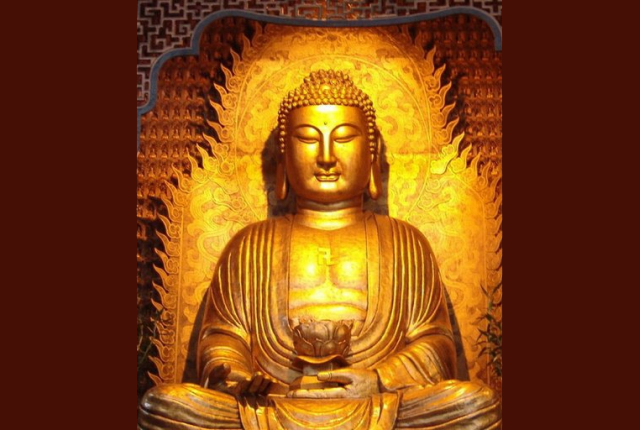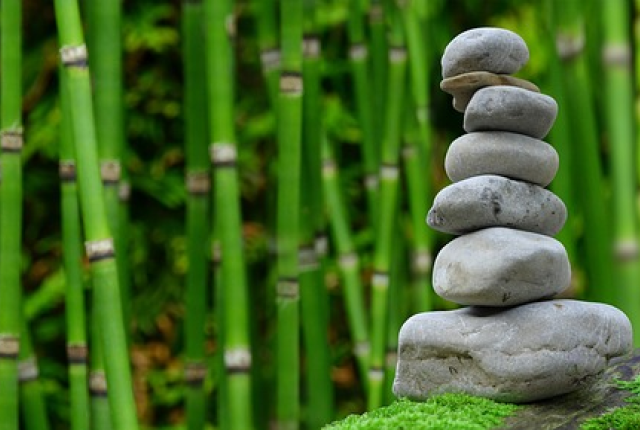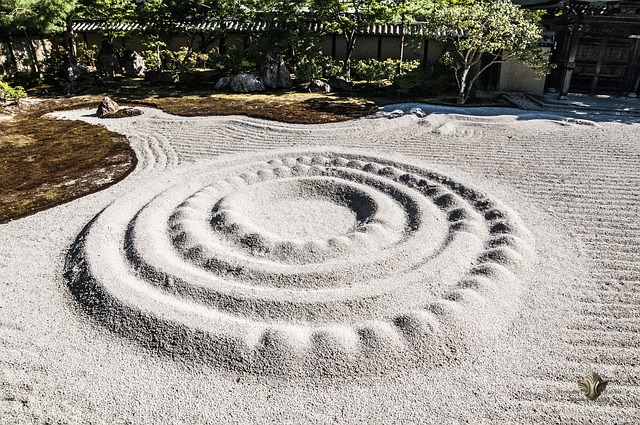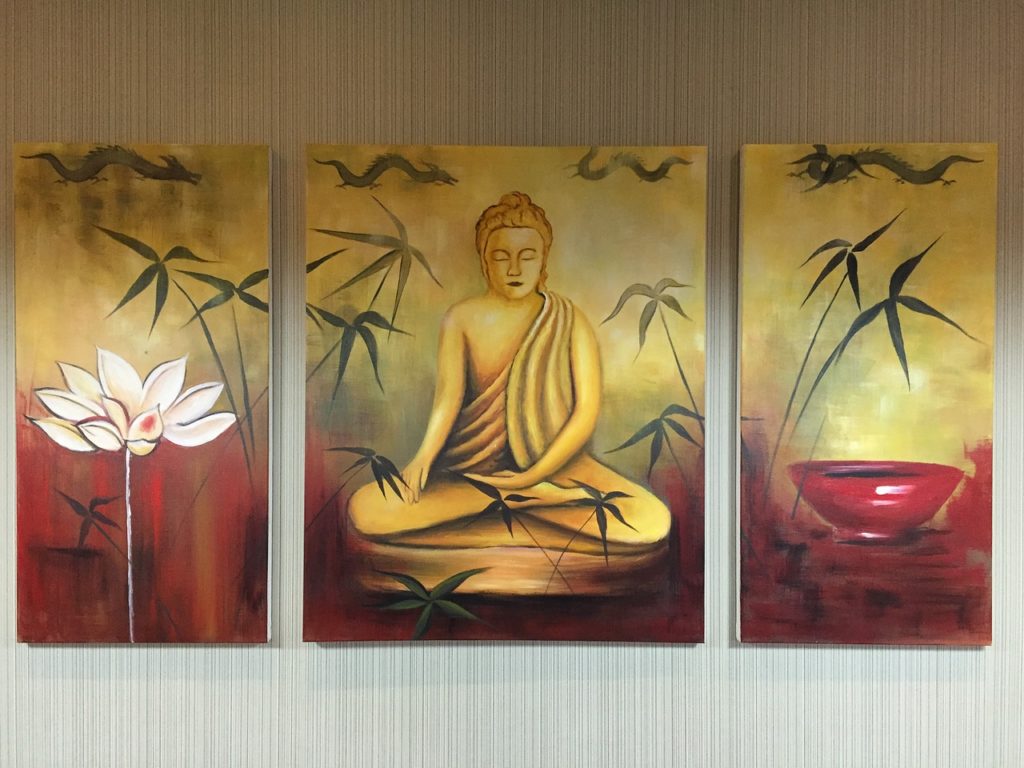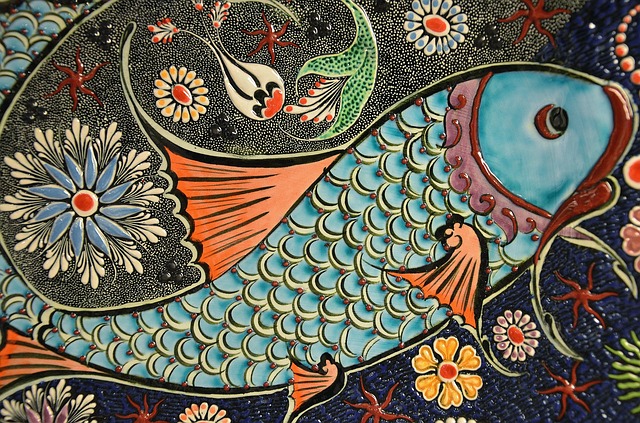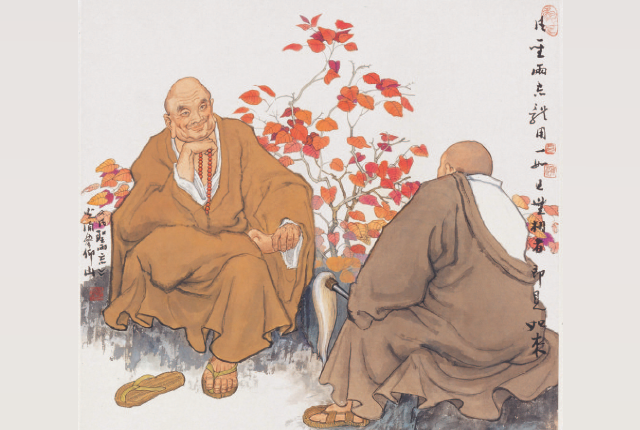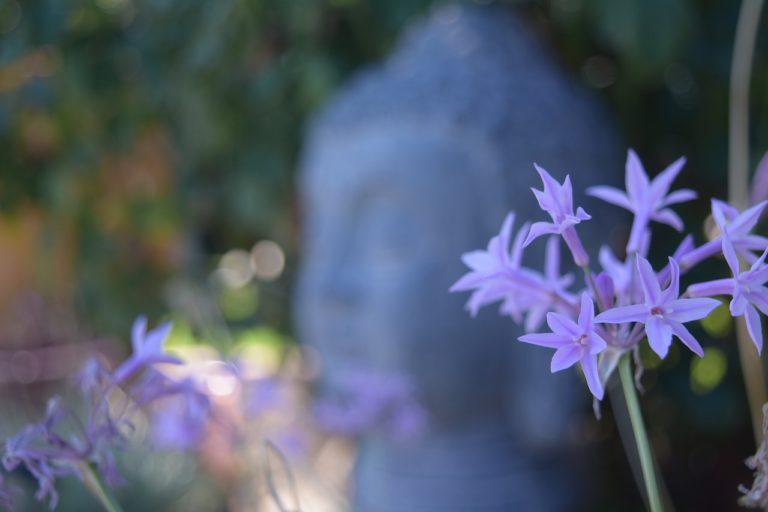
In the Buddha’s teachings, there are four kinds of friends: friends who treat you like a flower, friends who act like a balance, friends who are like the mountains, and friends who are like the earth.
Friends who treat you like a flower
We all enjoy flowers, especially when they are fresh. We put them in vases to decorate our homes, we give them to our loved ones to express our affection, and we may even wear them in our hair. However, when the flowers wilt, we toss them out like trash. Some people treat their friends like this. They are delighted as long as their friends can fulfill certain needs of theirs, but when their friends outlive their usefulness, they toss them out like wilted flowers.
It is so habitual for us to love what is beautiful and scorn what is not. Curbing this tendency is a significant step in making and maintaining friendships that will last a lifetime.
Friends who act like a balance
There are, then, some people who act like a scale and continually compare themselves to their friends. They are envious when they perceive their friends to be doing better than they are, and are boastful when they feel like the scale is tipping in their own direction. The scale will never be balanced, for these people are not content unless they have “one-upped” their friends. This kind of judging and comparing within a friendship is quite damaging.
Friends who are like the mountains
Some friends are analogous to mountains. Like mountains that are full of rich ore, flowers and wildlife, these friends are full of treasures and wonders. With these friends, we are constantly reminded of the beauty and diversity of life. We can learn a lot in these friendships.
Friends who are like the earth
Some friends are like the great earth that lets everything grow in its rich soil. Such friends can help us grow in our wisdom and strengthen our character.
The Agamas speak of the four kinds of friends that should be cultivated.
The first kind is friends that can help us tell right from wrong. They let us know when our conduct is admirable and are not afraid to tell us when we behave poorly. Such friends help us stay on the right path.
The second kind is friends that are compassionate and caring. They give us moral support during our trying times. They are also happy for us when we are doing well.
The third kind is friends that are always ready to extend a helping hand. They are pillars of strength. They help us stay focused and come to our aid when we are lost.
The fourth kind is friends that share our aspirations. Such friends provide us with encouragement and are not hesitant to share their time and resources. Good friends can help us discover our capacity for connection. When we cultivate these relationships properly, we will be experts at living affinity.
Although we should still show kindness and compassion to all of these people, it is not wise to keep their company. Friendships should be based on mutual affinity, not one-sided effort. Real friendships are an actual and resounding expression of true joy. Our capacity to create and nurture affinity is infinite; we simply need to uncover the wisdom and motivation to do so.
A key element for us as we strive to relate to each other in more appropriate and expansive ways is the way we regard and manage our emotions.
No relationship is barren of emotions, and it is essential that they are investigated and handled with wisdom. We need explore the wisdom of managing our emotions, with hope that we can all handle our relationships with increased skill, so that all beings can benefit from our ever-expanding ability to love.
From Living Affinity, written by Venerable Master Hsing Yun.
Image from Pixabay.


